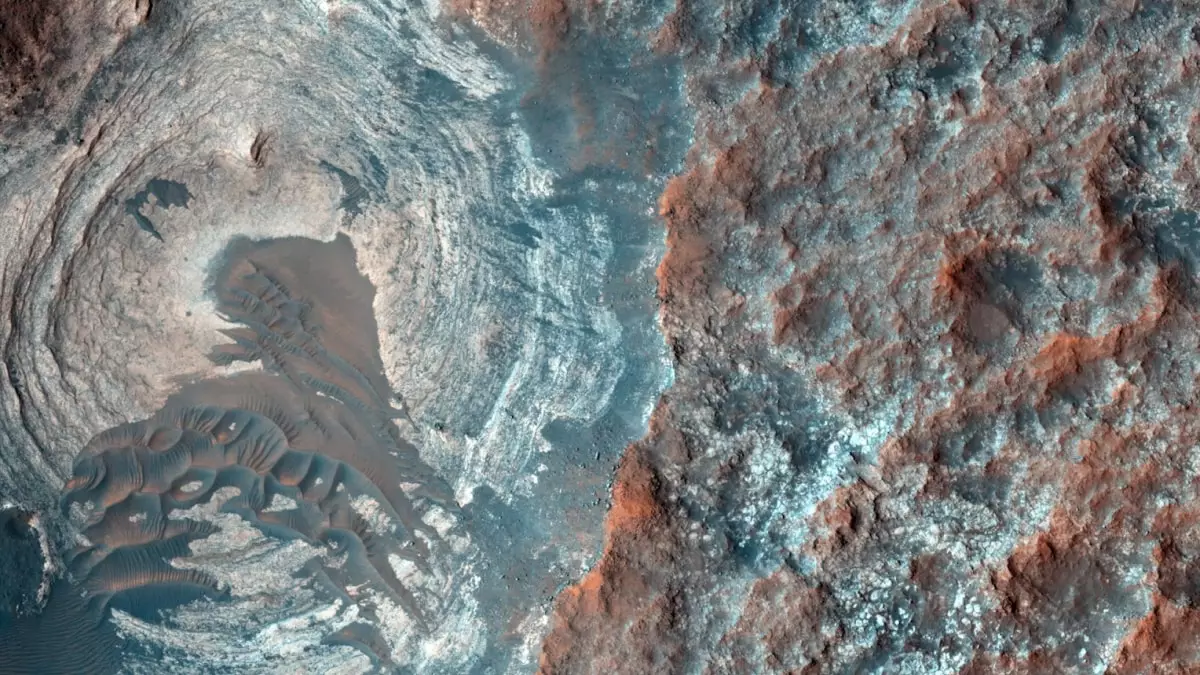In recent years, artificial intelligence (AI) has been expanding its reach far beyond just digital assistants and deepfake technology. Now, astronomers are tapping into the power of AI to gain a deeper understanding of the universe’s fundamental parameters. Researchers at the Flatiron Institute’s Center for Computational Astrophysics (CCA) in New York City have successfully utilized AI to calculate the five cosmological parameters that define the universe, revolutionizing our knowledge of its structure and evolution.
The five cosmological parameters play a crucial role in defining the ‘settings’ of the universe and determining how it functions on a grand scale. Astronomer Liam Parker, a co-author of the study, aptly likened these parameters to the universe’s operation manual. By employing AI to analyze data from over 100,000 galaxies observed in the Sloan Digital Sky Survey (SDSS), the research team was able to extract unprecedented insights that were previously unattainable due to the sheer volume of data and limitations of traditional analysis methods. This breakthrough highlights the transformative power of AI in the field of cosmology.
With the use of AI, the research team at CCA was able to significantly enhance the precision of measuring the universe’s ‘clumpiness’ by reducing uncertainty by more than half compared to traditional methods. This improvement is equivalent to analyzing data four times larger, showcasing the efficiency and effectiveness of AI in extracting valuable knowledge from complex datasets. Additionally, the cost-effectiveness of AI in cosmological research is noteworthy, as it enables researchers to push the boundaries of what surveys can reveal without the exorbitant costs associated with traditional methods.
AI is not only refining existing methods in cosmology but also playing a critical role in addressing major cosmic questions. One significant mystery that AI could help unravel is the Hubble tension, which arises from inconsistencies in different estimates of the Hubble constant. The precision provided by AI in calculating cosmological parameters could be instrumental in resolving these discrepancies and furthering our comprehension of the universe.
As new surveys like the European Euclid survey come online, the AI-powered techniques developed by the CCA team will prove invaluable in extracting maximum value from these vast datasets. The ability of AI to analyze and interpret cosmic data efficiently represents a significant advancement in our ongoing quest to grasp the universe’s fundamental parameters and unravel its mysteries.
Overall, the integration of AI into cosmological research has opened up new possibilities, improving the accuracy, efficiency, and cost-effectiveness of analyzing vast amounts of cosmic data. The role of AI in cosmology is not just about enhancing current methods but also about pushing the boundaries of our understanding of the universe. With AI as a powerful tool in the astronomer’s arsenal, the future of cosmology looks brighter than ever before.


Leave a Reply